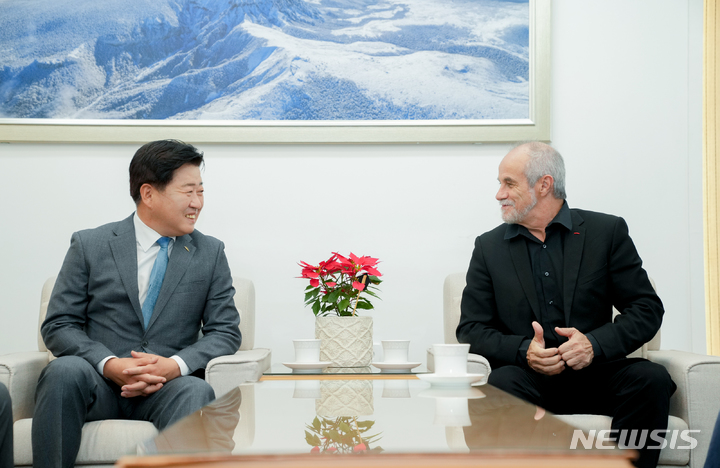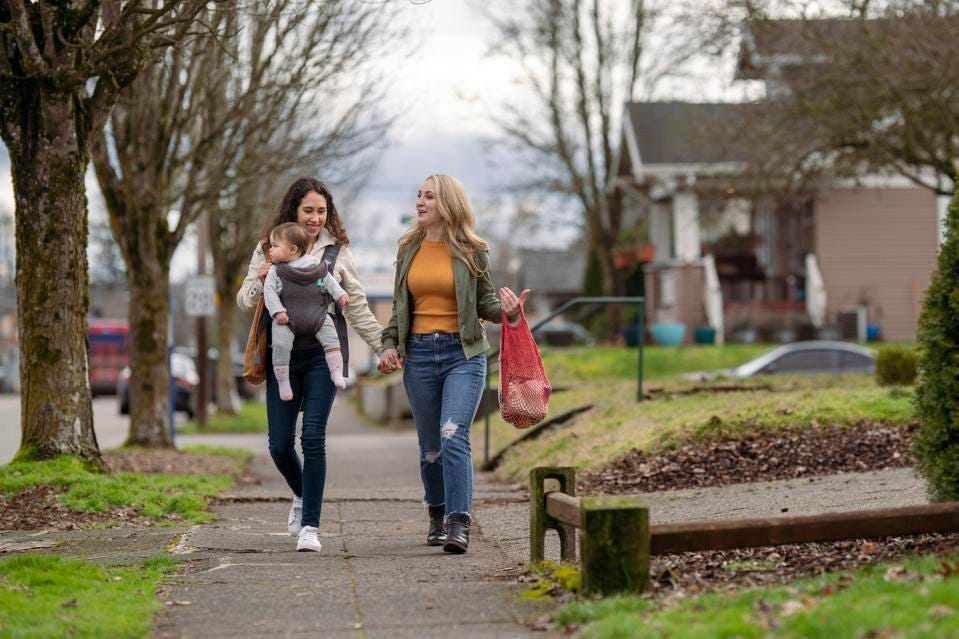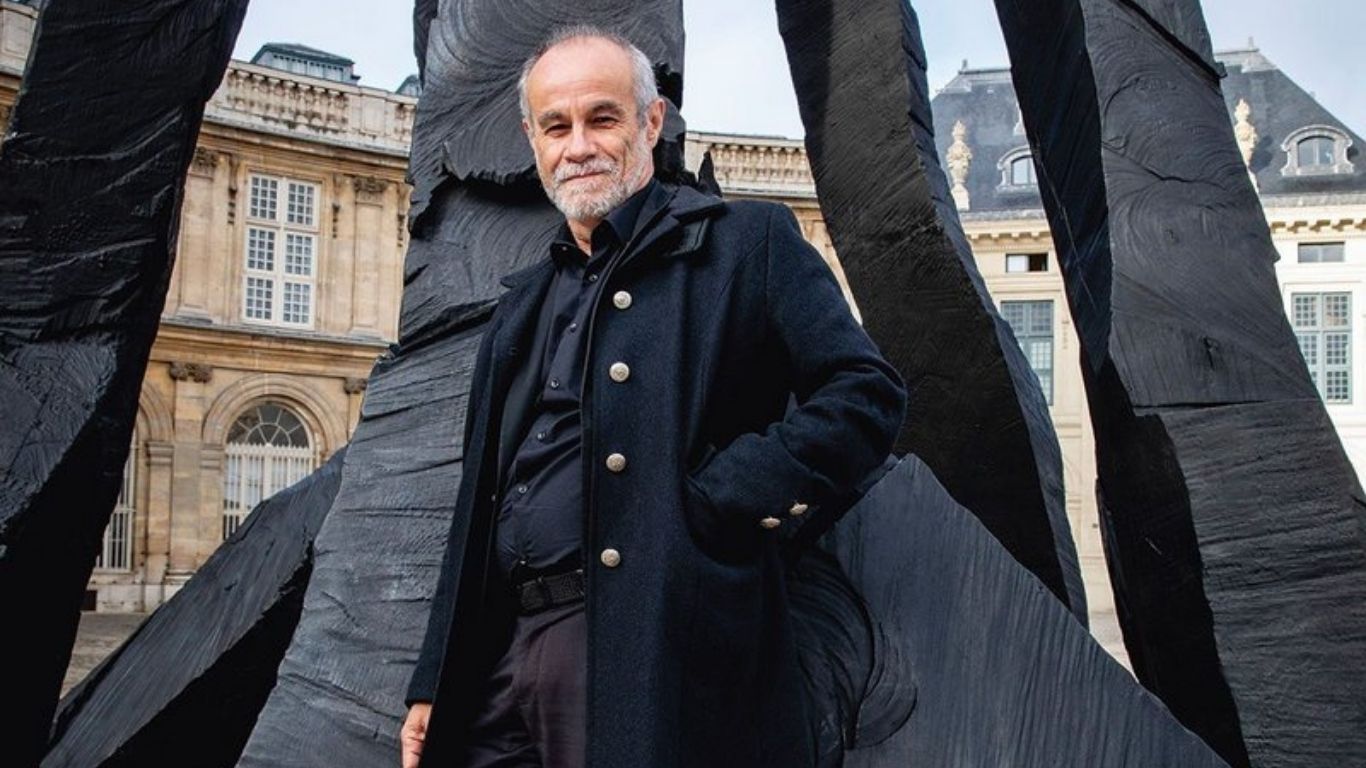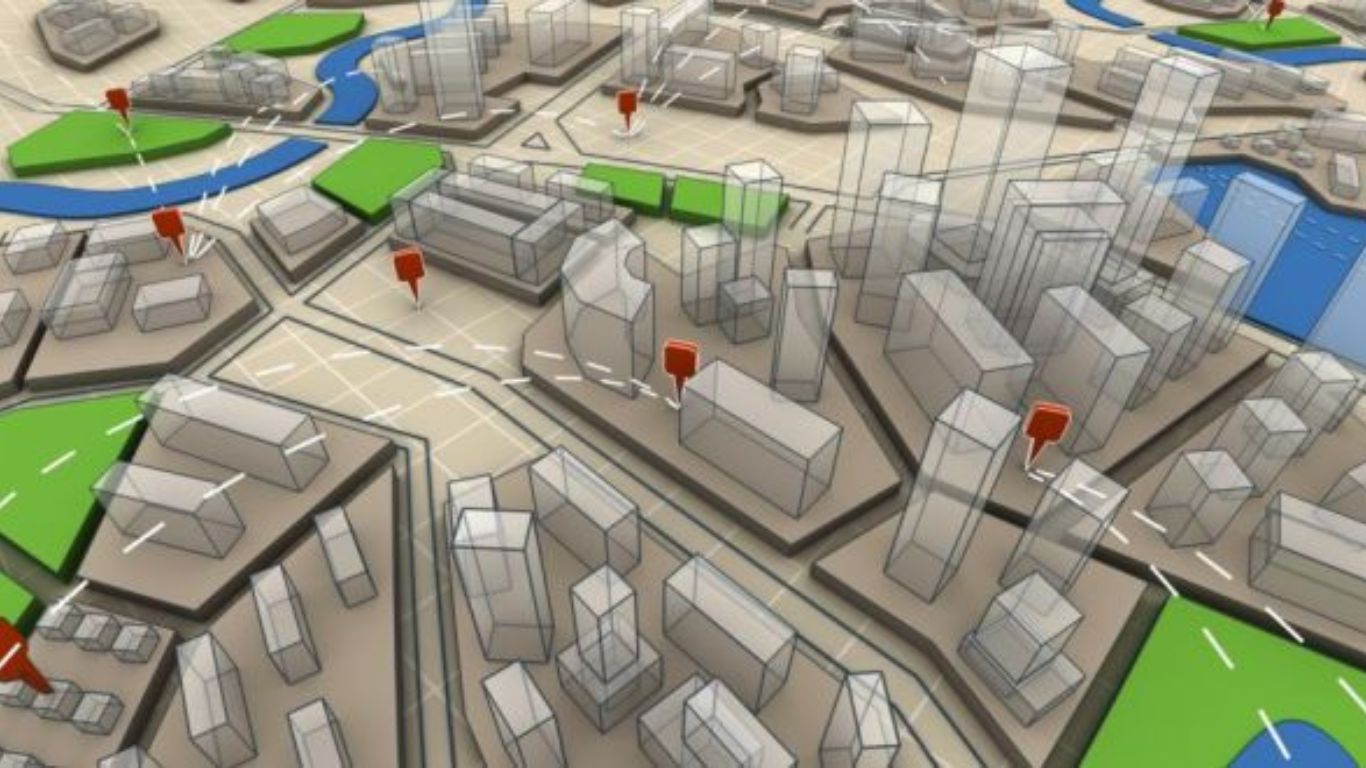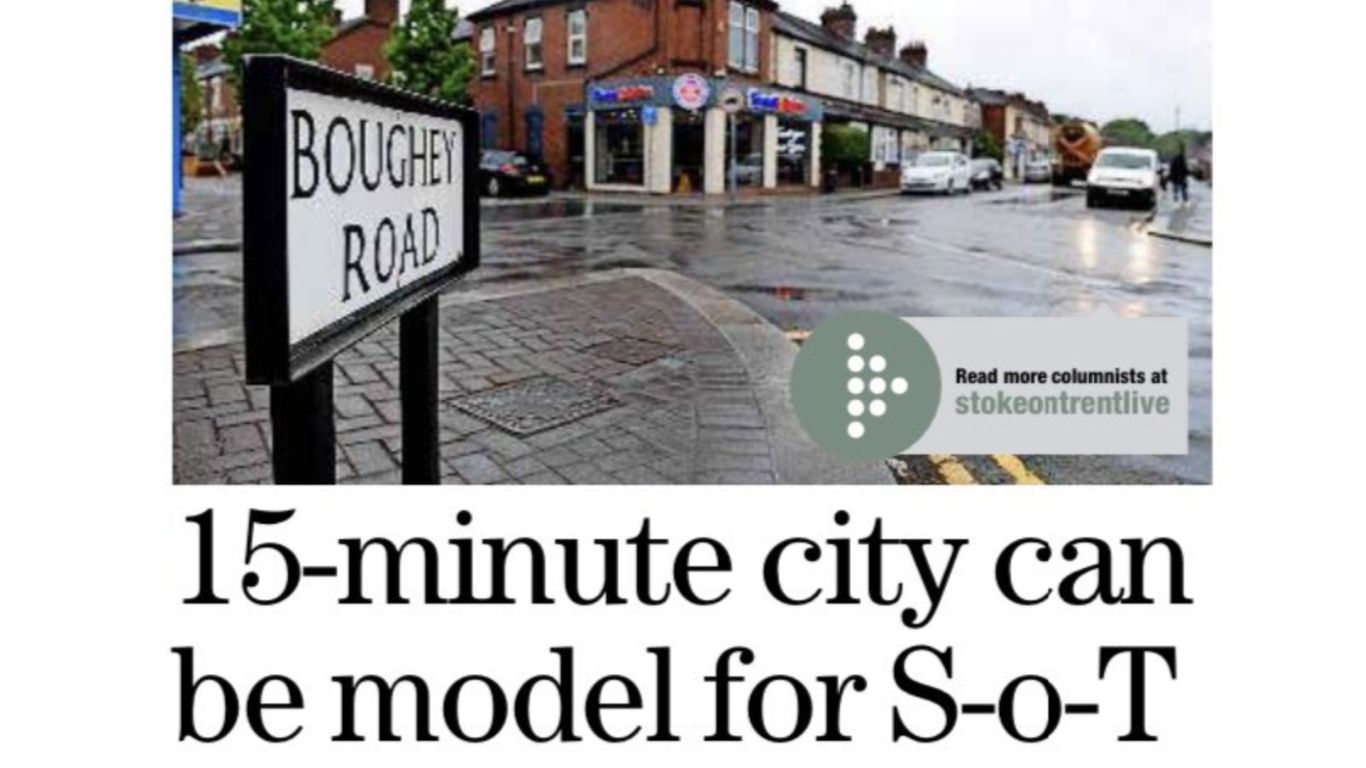Town is a living place which becomes more complex as it grows. It has got a variety of needs, uses, services, flows: food, housing, environment, education, culture, transport, health, security, energy, waste, communication.
Each city evolves in a context that shapes its own characteristics.
The Planet has just surpassed 7 billion inhabitants and more than 50% of them live in cities. In 2030 about 8.3 billion people, almost 5 billion will be urban!
Challenges never seen before are ahead of us: the exponential growth in cities consumes resources that weaken an environment already severely affected. Significant impacts are reflected in known ecosystems Urbanization is accelerating infrastructures needs upset the balance between humans and nature in depth. In its turn, the nature threatened confronts us with new situations.
At the same time, the world has just passed the 5 billion of connected objects and the forecast for 2020 shall be at least 3 times more. An impressive evolution since the advent of Internet only 20 years ago. An ordinary Smartphone today has the same computing power that was used in 1969 to send a man to the moon!
Thus, relationships between people are undergoing deep changes in immediacy, ubiquity, computing power and massive internet networking between people and objects. Distances are abolished and virtual neighborhoods are universal. The city becomes interactive and communicative.
The lively city facing the complexity
A lively being, complicated by its development, has its own metabolism.
It must constantly adapt itself face of multiple mutations. Hazards of any kind can give rise to anytime, anywhere, unpredictable situations. The complexity of the city makes it difficult to plan and anticipate its changes if we stay on sectorial, rigid and accounting paradigms.
We need a transversal, contextual and comprehensive vision of our living spaces to ensure management taking into account the interdependence of many interacting systems, to process multiple flows of information existing in parallel and then, to decide and act in real time, in a meaningful way.
Understanding the fragility of the city, thinking it like a sensible place, making it lighter, more accessible, helping it to become resilient, are key issues for the future. In our view, it is crucial to provide the city and its inhabitants a distributed, relevant, available and accessible ambient intelligence at any time and in any place, in order to be self-adapting, self-learning, self-repairing and robust.
Our cities will have to move towards transversal, open, scalable and adaptive ecosystems. Energy challenges and the emergence of low-carbon city require putting sustainable development at the heart of the city life. Communicating objects, networks, electronics and telecommunications will transform the relationships of inhabitants and decision-makers about their city.
5PLUS FORUM CITY: a living place of reflection around the living and complex city.
5PLUS FORUM CITY is a collective input in the awareness of these major challenges: our commitment aims to promote a space for dialogue at a very high level, a space for reflection on our common vision of the city, its evolution and its projections to 5 years. We want to explore ways around strong concepts to be source of proposals in this inevitable transformation of our cities in order to make them better living and resilient.
